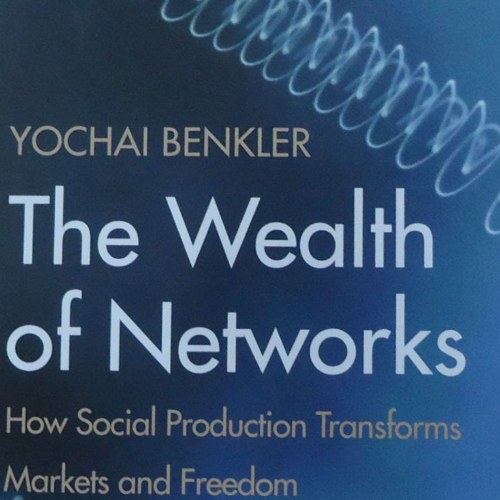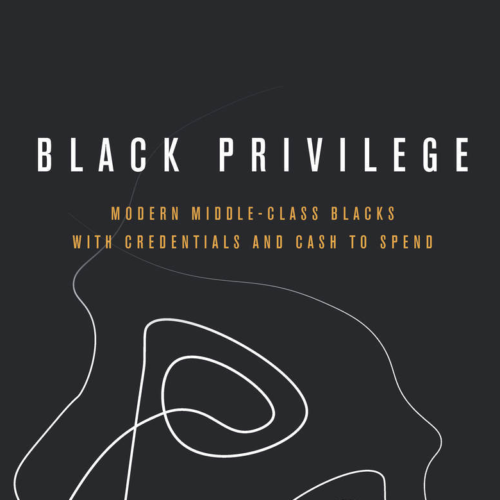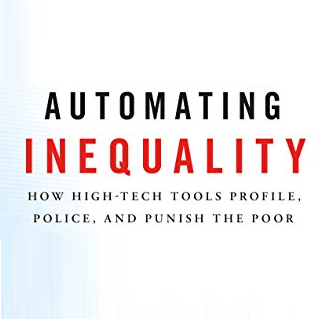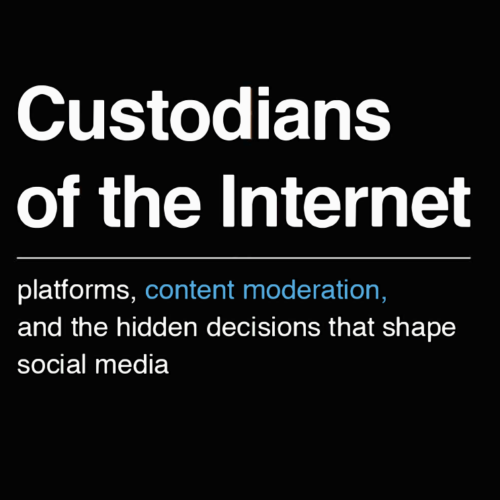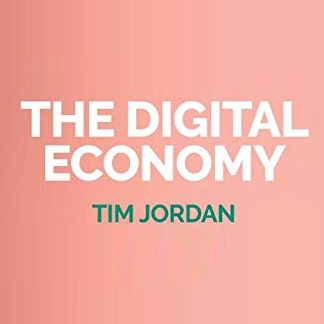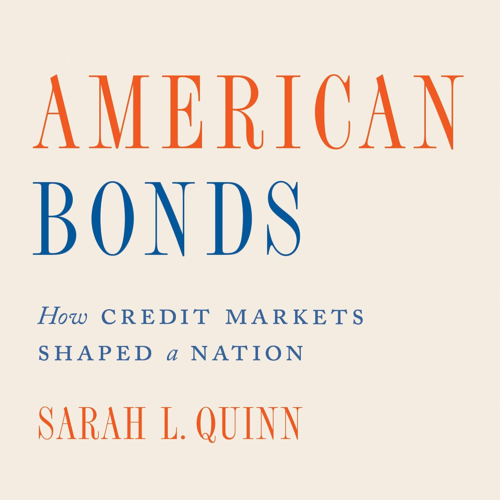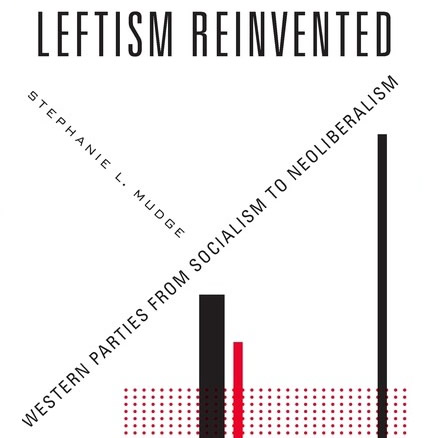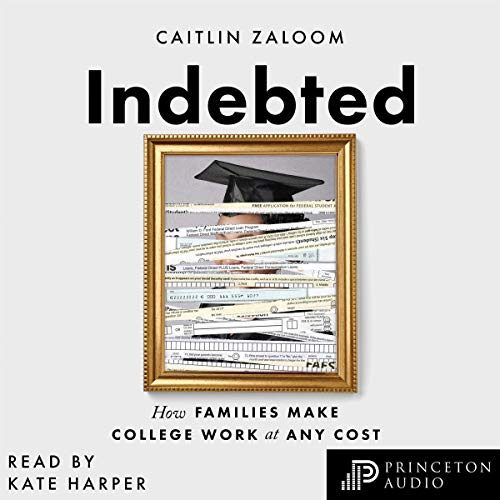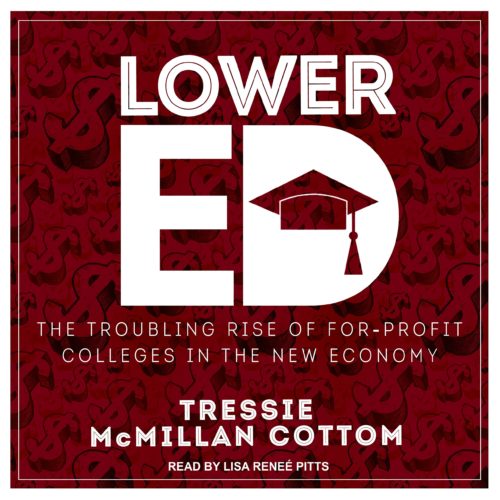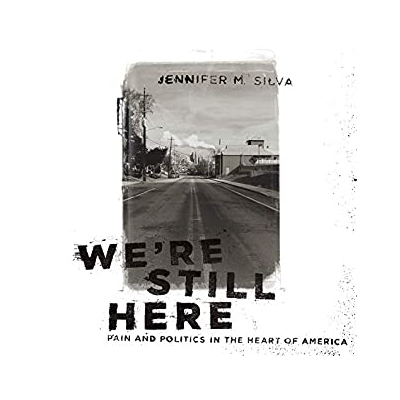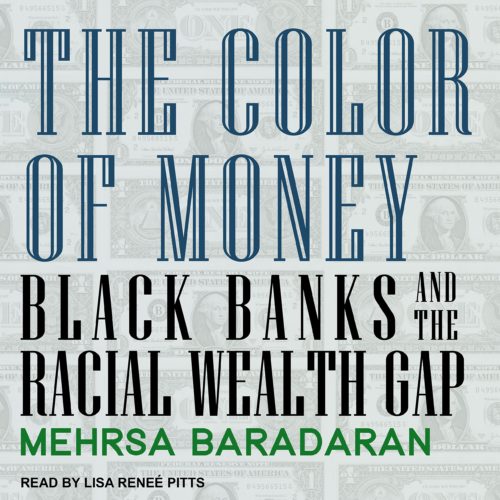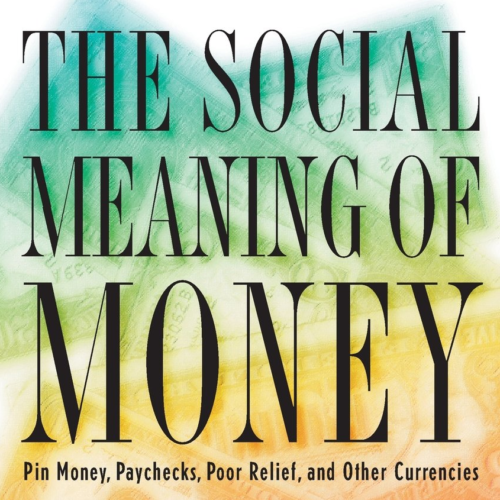July 13, 2020
On the Bookshelf
SASE is an international organization with members around the globe, reading thousands of books related to socio-economics every year across topics and languages. To get a sense of what is on SASE member’s minds, the newsletter editors asked leading scholars to share their thoughts on books they read recently.
Juliet Schor, Boston College
Barbara KingsolverUnsheltered
This is a novel about our times: the attack on science, the collapse of the middle class, Trump (or the Bullhorn, as Kingsolver calls him), the adjunctification of academic life, climate change, and the wisdom of the younger generation. Set in both the present and the 1870s (a plot device reminiscent of A.S. Byatt’s Possession), one is gradually drawn in to the challenges of two downwardly mobile middle-class families. It’ll be a delight for naturalists, and was a perfect read during a pandemic lockdown. Attuned to the problems of our time, but not morbid or frightening.
Amitav GhoshThe Great Derangement
Climate Change and the Unthinkable
So little work on climate change originates from the perspective of Asia, yet this region of the world is the arguably the most important going forward. Ghosh, an anthropologist and novelist, approaches the subject with erudition and humanity. His middle section, on history, is a strikingly original interpretation of debates about the Anthropocene and capitalism, and reminds us that before capitalism there was Empire. Don’t miss the section on the oil industry in Burma. Ghosh re-oriented my thinking about these issues in important ways.
Yochai BenklerThe Wealth of Networks
How Social Production Transforms Markets and Freedom
Now fourteen years old, Benkler’s pioneering take on how digital networks are remaking economic relations is worth re-reading in the current moment. He argues that a shift away from markets toward peer and collaborative production is not only occurring, but has become economically efficient. His analysis was a bit optimistic, but as we face the prospect of another serious recession, it is essential to recognize the feasibility of new ways to order economic life. Benkler offers an alternative to corporate platforms taking over increasing swaths of production, consumption, and daily life.
Cassi Pittman ClaytorBlack Privilege
Middle Class Blacks with Privilege and Cash to Spend
This forthcoming book is a welcome addition to a woefully under-researched area—Black Americans’ consumption practices and experiences. Cassi Pittman Claytor’s insightful interview and ethnographic research among middle class Blacks in the New York City area leads her to original interpretations of the complexities of class and race in a society that remains riven by racial inequality and conflict. Claytor’s subjects consume with both privilege and strong Black identity, and use their spending and acquisition practices to navigate the shoals of American racism.
Kevin Mellet, Orange Labs (Sense) and LISIS (University Paris-Est Marnes la Vallée)
Virginia EubanksAutomating Inequality
How High-Tech Profile, Police, and Punish the Poor
This book presents an enthralling investigation into the use of scoring and sorting algorithms in social services that support the homeless or seek to prevent violence against children in the United States. Virginia Eubanks was invited to SASE in 2019, as part of an AMC session organized by Network J and to give a Featured Talk.
Tarleton GillespieCustodians of the Internet
Tarleton Gillespie’s Custodians of the Internet is an interesting counterpoint, since he is interested in platform capitalism, which he studies through the prism of the armies of moderators who occupy a central place in these new digital business models.
Tim JordanThe Digital Economy
Finally, Tim Jordan’s Digital Economy offers a recent summary of the field. Tim Jordan is scheduled to be present at the SASE Meeting in 2020, as part of an author-meets-critics session organized by our network.
Chiara Benassi, King’s College London
I took advantage of the lockdown to carefully read two “old” books, which contributed to early institutionalist research in the fields of sociology and political economy. The books challenge the claim of convergence of production systems toward universal practices, showing instead how institutional context can influence the development of different, functionally equivalent, production models.
Both books are great examples of empirically rich, in-depth qualitative comparative studies, which provide invaluable insights in the organization of work within companies. It is a real shame that such studies are increasingly rare—whether because companies have become more secretive and do not provide access to researchers, because time-consuming fieldwork does not serve the imperative to publish quickly, or because most top journals in sociology and organization studies tend to privilege quantitative methods.
Ronald DoreBritish Factory-Japanese Factory
The Origins of National Diversity in Industrial Relations
Through a matched comparison of four factories in Japan and England, Dore identified the main characteristics of, respectively, the British market-oriented employment systems and the Japanese organization-oriented employment system. He claimed that the two employment systems fit with other spheres of social life including politics, family, and education. He even suggested that “what happens in the employment sphere directly affects what happens in other spheres” (p. 280)—a claim that certainly reminds us of “institutional complementarity,” so widely used in contemporary political economy.
Horst Kern/Michael SchumannDas Ende der Arbeitsteilung
Rationalisierung in der industriellen Produktion
Kern and Schumann’s book focused exclusively on German manufacturing in the 1970s and 1980s and was crucial to later research on the German model of Diversified Quality Production (see e.g. the recent article by Sorge and Streeck in Socio-Economic Review). Through their in-depth case studies of companies in the automotive, machine tool building, and chemical sectors, Kern and Schumann illustrated how the combination of strong institutions of collective voice and collective skill formation, on the one hand, and the introduction of new technologies, on the other hand, led to the emergence of the German production model. This model relied on new skill profiles, work processes that integrated direct and indirect activities, and on genuine employee involvement. The “human” characteristics of this production system were clearly in contrast with Taylorism, as well as with the lean production methods that were becoming popular at the time.
Nina Bandelj, University of California, Irvine
Sarah L. QuinnAmerican Bonds
How Credit Markets Shaped a Nation
This book, alongside ‘Leftism Reinvented’ by Stephanie Mudge, provides a longer-term perspective on why we find ourselves in a particular economic and political predicament of our times. You can start by checking out a podcast on American Bonds by Civic Sociologist Podcast.
Stephanie MudgeLeftism Reinvented
Western Parties from Socialism to Neoliberalism
This book, alongside ‘American Bonds’ by Sarah L. Quinn, provides a longer-term perspective on why we find ourselves in a particular economic and political predicament of our times. You can start by checking out a podcast with Mark Blythe by the Rhodes Center at Brown.
Caitlin ZaloomIndebted
How Families Make College Work at Any Cost
As I have been thinking about how economic sociologists should focus more centrally on issues of economic inequality, I have been reading about people’s economic lives. Here, I recommend this excellent book on student debt. You can also read an NYT Op-Ed by Zaloom.
Tressie McMillan CottomLower Ed
The Troubling Rise of For-Profit Colleges in the New Economy
As I have been thinking about how economic sociologists should focus more centrally on issues of economic inequality, I have been reading about people’s economic lives. Here, I recommend this excellent book on student debt, whcih is also featured in this NPR article.
Jennifer M. SilvaWe’re Still Here
Pain and Politics in the Heart of America
If you prepare yourself for a devastating poignant account, you should check out Jennifer Silva’s new book, We’re Still Here: Pain and Politics in the Heart of America, which will make you feel, not only think, about the predicament of the working class in rural Pennsylvania in the years leading up to the 2016 U.S. Presidential election.
Victoria ReyesGlobal Borderlands
Fantasy, Violence, and Empire in Subic Bay, Philippines
Global Borderlands: Fantasy, Violence and Empire in Subic Bay, Phillipines, by Victoria Reyes, beautifully reveals economic lives in global borderlands, the multiple, and complex, meanings of borderline existence, in the shade of omnipresent colonialism.
Mehrsa BaradaranThe Color of Money
Black Banks and the Racial Wealth Gap
I also recommend The Color of Money: Black Banks and the Racial Wealth Gap by Mehrsa Baradaran, a history of “black capitalism” through a lens of black banks, and ultimately a treatise on the staggering racial wealth gap in America. The book speaks to well-placed concerns raised recently about the lack of attention to race in economic sociology by Dan Hirschman and Laura Garbes in Socio-Economic Review.
Viviana A. ZelizerThe Social Meaning of Money
Pin Money, Paychecks, Poor Relief, and Other Currencies
Ultimately, The Color of Money is about the social meaning of money, so I would be amiss if I didn’t invite you to pick up again Viviana Zelizer’s classic, The Social Meaning of Money, especially since it has been newly released in a second edition by Princeton University Press, with a new foreword by Nigel Dodd.
This article is taken from the SASE Summer Newsletter 2020. Click here to go back to the contents.
Tags


